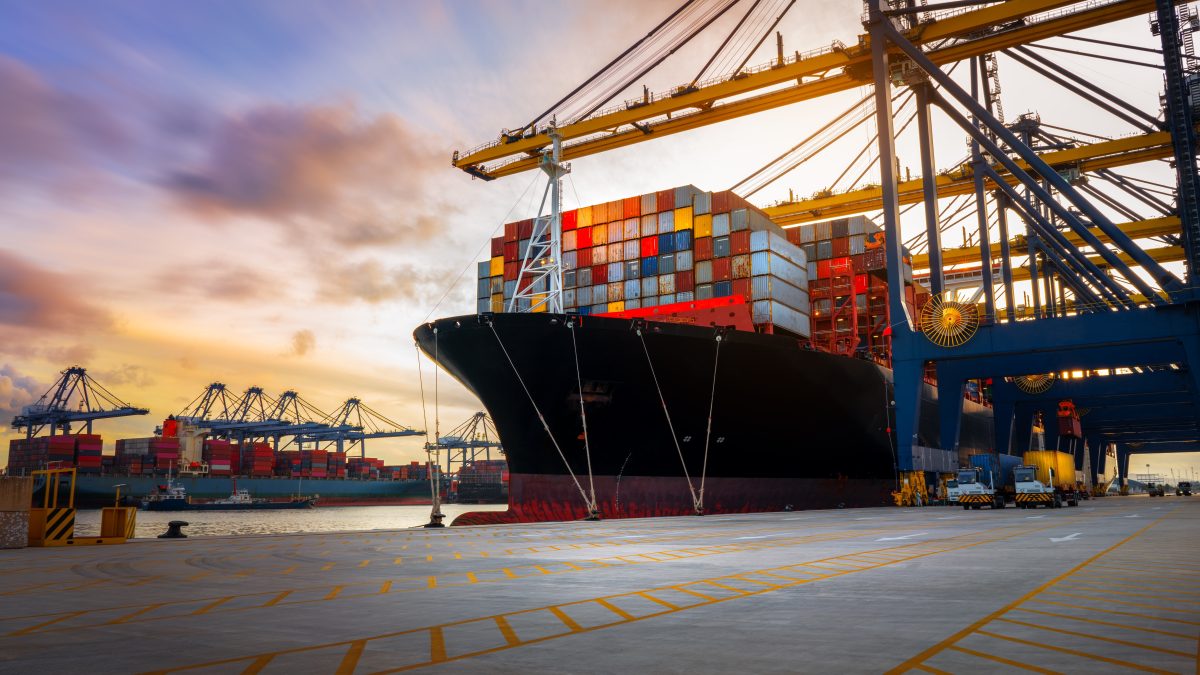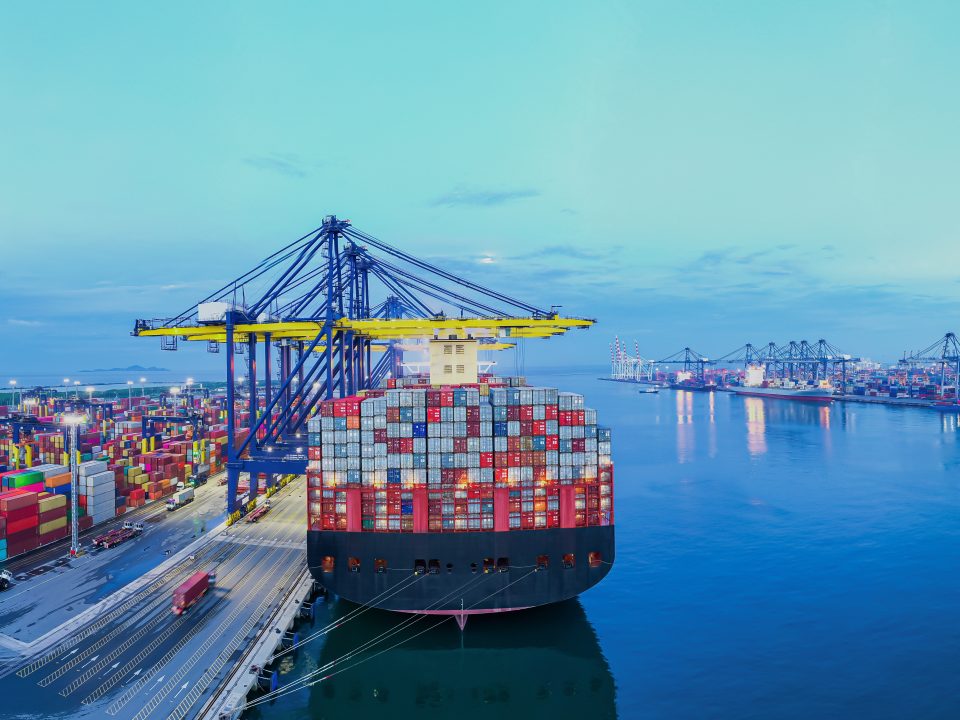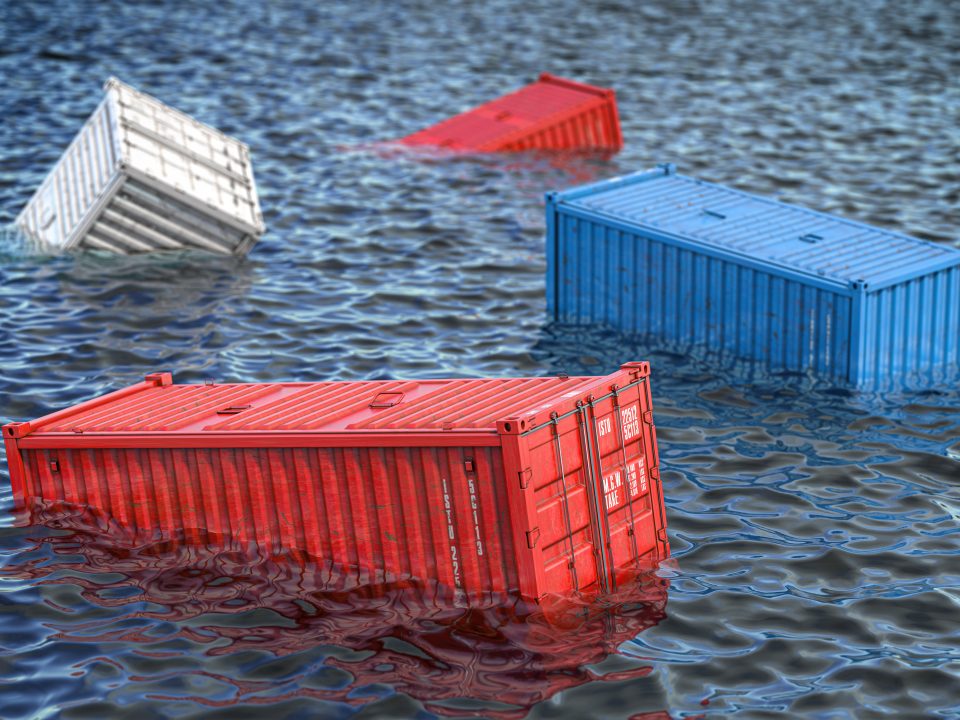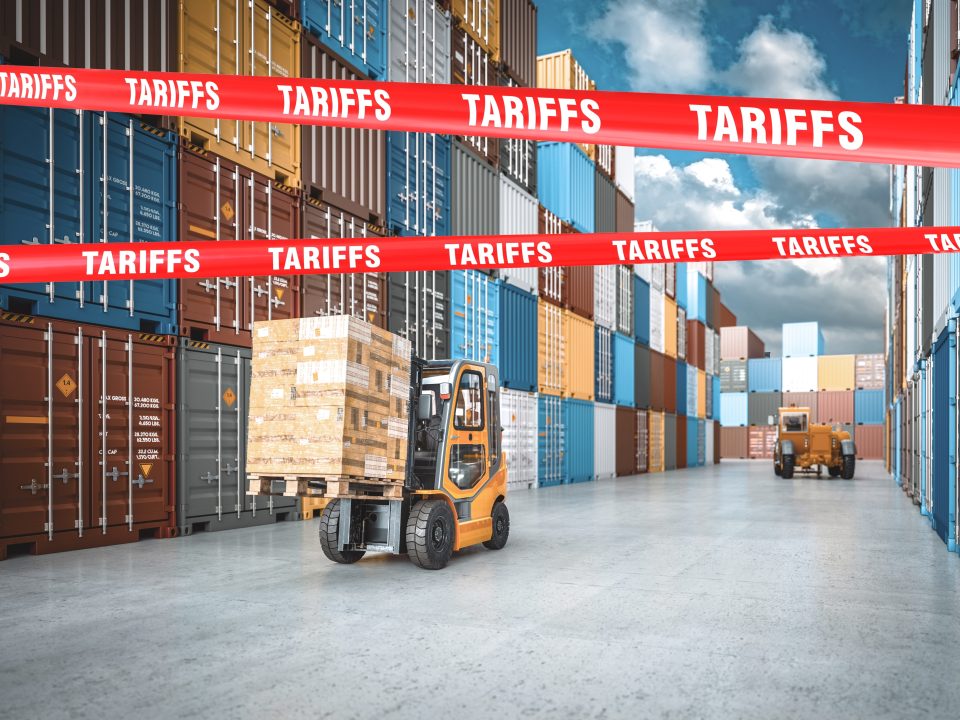
New U.S. Tariff Extension Through August 2025: What Importers Need to Know
July 18, 2025
Shipping Smarter: How Having a Strategic Shipping Partner Cuts Costs and Delays
July 30, 2025Refund Eligibility for Overlapping U.S. Tariffs
Executive Order 14289 – Clarification on Non-Cumulative Tariff Application (“Non-Stacking”)
The United States has imposed tariffs under various statutory authorities to address threats to national security, foreign policy interests, and to promote the well-being of U.S. industries and workers. These authorities include:
- The International Emergency Economic Powers Act (IEEPA, 50 U.S.C. 1701 et seq.)
- The National Emergencies Act (50 U.S.C. 1601 et seq.)
- Section 604 of the Trade Act of 1974 (19 U.S.C. 2483)
- Section 232 of the Trade Expansion Act of 1962 (19 U.S.C. 1862)
- Section 301 of Title 3, United States Code
- Various Executive Orders targeting specific economic or national security concerns
Although each of these tariff actions serves distinct policy objectives, their simultaneous application on a single article could result in a cumulative or “stacked” duty burden, which may not align with broader policy goals.
To address this, on April 29, 2025, the President issued Executive Order 14289, titled “Addressing Certain Tariffs on Imported Articles” (published at 90 FR 18907).
Purpose of EO 14289:
EO 14289 establishes a framework to:
- Prevent overlapping (cumulative) tariff applications when multiple actions apply to the same imported article.
- Define a hierarchy or prioritization (referred to as a “stacking order”) for tariff application.
- Ensure clarity and consistency in the enforcement of trade measures
What This Means:
When a single imported article is subject to more than one tariff action listed in Section 2 of EO 14289, a refund of previous duty payments is eligible for a refund of duty if the following duties were compounded.
- If an article is subject to Auto/Auto Parts it cannot also be subject to Canada duties, Mexico duties or 232 aluminum/steel duties.
- If an article is subject to Canadian duties or Mexican duties it cannot be subject to 232 aluminum/steel duties.
In addition, recently CBP has updated their FAQ for Section 233 steel and aluminum duties when using Chapter 98. See the below update on it and if you have filed under Chapter 98 if it is not under any of the HTS# listed below, then you may be eligible for a duty refund on those entries.
Are Section 232 steel and aluminum duties due when a Chapter 98, HTSUS, provision is properly claimed on an entry summary line?
For Chapter 98 provisions that grant duty-free treatment on entries for consumption, the Section 232 duties do not apply.
Except for the following it does apply.
- Chapter 98 provisions under subheadings 9819, 9820, 9822, and any other Chapter 98 duty-free status based on free trade agreements.
- Subheadings 9802.00.40, 9802.00.50, 9802.00.60, and 9802.00.80.
- For Chapter 98 provisions providing for the assessment of duties on a portion of the article, such as the value of the repair or other processing, Section 232 duties are to be assessed on that value.
- For goods entered under subheading 9802.00.60, HTSUS, Section 232 duties are to be assessed on the entire value of the articles. For such entries, the importer must report the country of origin where the repair, alteration, or processing was performed.
If you have overpaid duties due to the new EO issue it is retroactive for all entries that were entered for consumption or withdrawn from warehouse for consumption on or after March 4th, importers may request a refund if the duties are no longer due pursuant to EO 14289 or to the new FAQ update regarding Chapter 98 as amended.
Please contact your Western Overseas representative if you feel you have overpaid duties to determine if this is the case to discuss how to proceed.





